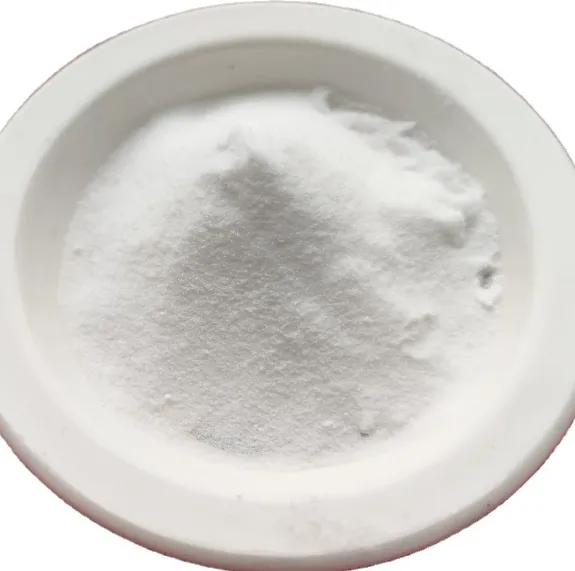Warning: Undefined array key "title" in /home/www/wwwroot/HTML/www.exportstart.com/wp-content/themes/1198/header.php on line 6
Warning: Undefined array key "file" in /home/www/wwwroot/HTML/www.exportstart.com/wp-content/themes/1198/header.php on line 7
Warning: Undefined array key "title" in /home/www/wwwroot/HTML/www.exportstart.com/wp-content/themes/1198/header.php on line 7
Warning: Undefined array key "title" in /home/www/wwwroot/HTML/www.exportstart.com/wp-content/themes/1198/header.php on line 7
- Afrikaans
- Albanian
- Amharic
- Arabic
- Armenian
- Azerbaijani
- Basque
- Belarusian
- Bengali
- Bosnian
- Bulgarian
- Catalan
- Cebuano
- China
- China (Taiwan)
- Corsican
- Croatian
- Czech
- Danish
- Dutch
- English
- Esperanto
- Estonian
- Finnish
- French
- Frisian
- Galician
- Georgian
- German
- Greek
- Gujarati
- Haitian Creole
- hausa
- hawaiian
- Hebrew
- Hindi
- Miao
- Hungarian
- Icelandic
- igbo
- Indonesian
- irish
- Italian
- Japanese
- Javanese
- Kannada
- kazakh
- Khmer
- Rwandese
- Korean
- Kurdish
- Kyrgyz
- Lao
- Latin
- Latvian
- Lithuanian
- Luxembourgish
- Macedonian
- Malgashi
- Malay
- Malayalam
- Maltese
- Maori
- Marathi
- Mongolian
- Myanmar
- Nepali
- Norwegian
- Norwegian
- Occitan
- Pashto
- Persian
- Polish
- Portuguese
- Punjabi
- Romanian
- Russian
- Samoan
- Scottish Gaelic
- Serbian
- Sesotho
- Shona
- Sindhi
- Sinhala
- Slovak
- Slovenian
- Somali
- Spanish
- Sundanese
- Swahili
- Swedish
- Tagalog
- Tajik
- Tamil
- Tatar
- Telugu
- Thai
- Turkish
- Turkmen
- Ukrainian
- Urdu
- Uighur
- Uzbek
- Vietnamese
- Welsh
- Bantu
- Yiddish
- Yoruba
- Zulu
Oct . 31, 2024 11:53 Back to list
Understanding Health Concerns Related to Aspartame Consumption and Its Effects on Well-Being
Concerns Surrounding Aspartame A Closer Look
Aspartame, an artificial sweetener used in a variety of food and beverage products, has been a topic of debate since its approval by the FDA in 1981. Composed of two amino acids, phenylalanine and aspartic acid, aspartame is approximately 200 times sweeter than sucrose, making it a popular choice for those seeking to reduce sugar intake. However, despite its widespread use, a number of concerns have emerged regarding its safety and potential health effects.
Concerns Surrounding Aspartame A Closer Look
Another significant concern is the impact of aspartame on individuals with phenylketonuria (PKU), a rare genetic disorder that prevents proper metabolism of phenylalanine. Individuals with PKU must strictly avoid phenylalanine intake, making aspartame a particularly dangerous ingredient for them. While products containing aspartame are legally required to carry warning labels, the risk remains a critical consideration in discussions around the sweetener's safety.
aspartame concerns

Furthermore, there is ongoing debate about the effects of aspartame on weight management. While it is marketed as a calorie-free alternative to sugar, some studies suggest that consuming artificial sweeteners might actually lead to higher calorie intake later on. This phenomenon, often referred to as compensatory eating, raises questions about the effectiveness of aspartame as a weight-loss aid and whether it truly supports healthier eating patterns.
Public perception of aspartame is often influenced by media reports, personal anecdotes, and social media, which can amplify fears and misconceptions. This can lead to a culture of avoidance, where consumers choose to eliminate artificial sweeteners from their diets altogether, often gravitating towards natural sweeteners instead. While some individuals may choose to abstain due to perceived risks, it is essential to rely on scientific evidence and guidelines established by regulatory agencies when making dietary choices.
In conclusion, while aspartame remains a widely used artificial sweetener, concerns about its safety persist. Ongoing research and regulatory scrutiny will be necessary to further understand its long-term health effects. Individuals should stay informed and consult health professionals when deciding whether to include aspartame in their diets, balancing the desire for sweeter foods with the necessity of making healthy choices. As the debate continues, a cautious yet informed approach is essential for consumers navigating the complexities of food additives like aspartame.
Latest news
-
Certifications for Vegetarian and Xanthan Gum Vegetarian
NewsJun.17,2025
-
Sustainability Trends Reshaping the SLES N70 Market
NewsJun.17,2025
-
Propylene Glycol Use in Vaccines: Balancing Function and Perception
NewsJun.17,2025
-
Petroleum Jelly in Skincare: Balancing Benefits and Backlash
NewsJun.17,2025
-
Energy Price Volatility and Ripple Effect on Caprolactam Markets
NewsJun.17,2025
-
Spectroscopic Techniques for Adipic Acid Molecular Weight
NewsJun.17,2025

